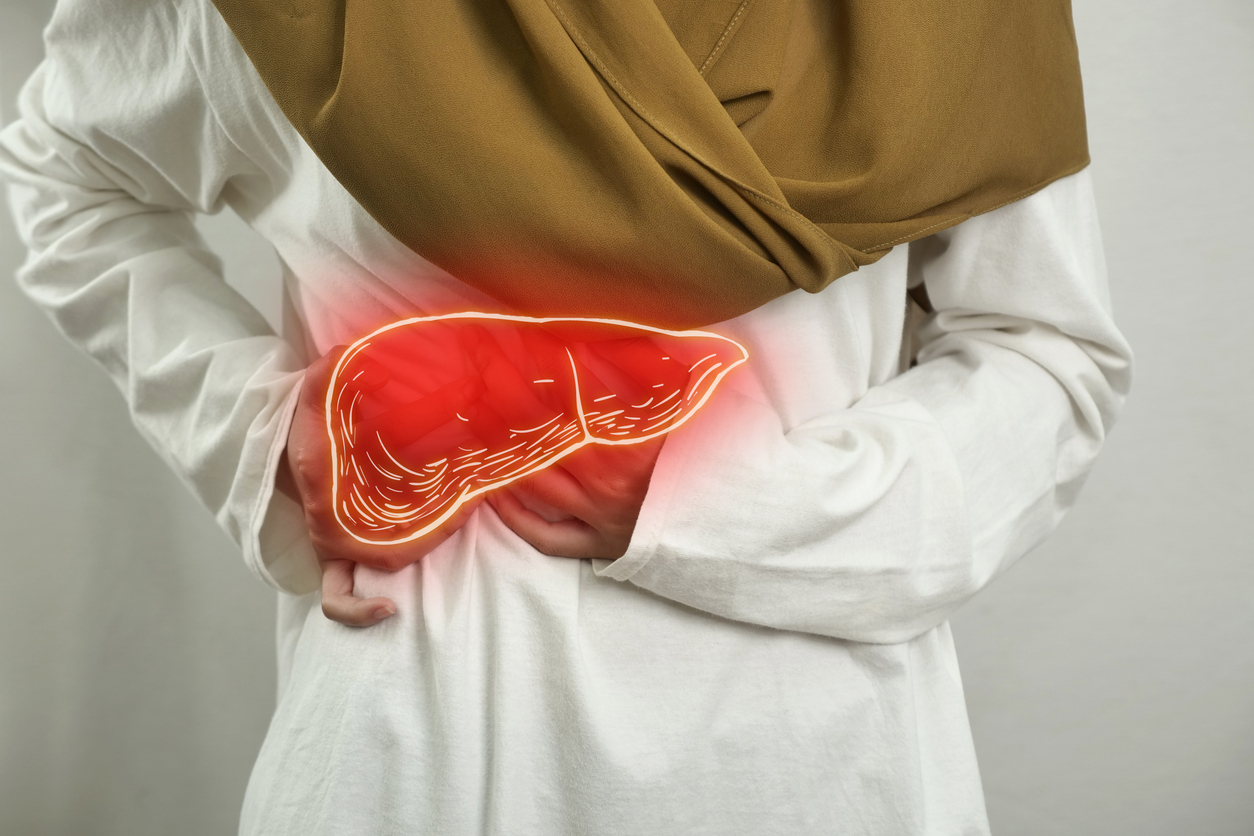2025-11-07
COVID-19 vaccines linked to longer survival in some cancer patients
Oncology
By Lila Rouland | Published on November 7, 2025 | 3 min read
A recent study published in Nature has revealed a surprising and hopeful connection between COVID-19 mRNA vaccines and improved survival outcomes in patients with certain types of cancer. The research, which focused on individuals undergoing immunotherapy for melanoma and non-small-cell lung cancer, found that those who received a COVID-19 vaccine within a specific time window experienced significantly better survival rates than those who did not. This fascinating discovery indicates that the COVID-19 mRNA vaccine may offer benefits beyond protection against the virus itself, potentially increasing the immune system’s ability to combat cancer more effectively.
The study analyzed data from over 1,000 patients receiving immune checkpoint inhibitors (ICIs)—a class of drugs that help the immune system recognize and attack cancer cells. What they noticed was striking: patients who received an mRNA COVID-19 vaccine within 100 days of starting ICI therapy had nearly double the survival rate compared to those who were unvaccinated or vaccinated outside that window.
This finding was unexpected. While vaccines are known to stimulate the immune system, their potential to enhance cancer treatment outcomes had not been fully explored. The results suggest that the immune activation triggered by the vaccine may act syner
gistically with ICIs, boosting the body’s ability to fight cancer.
To understand the mechanism behind this effect, the researchers conducted follow-up studies in mice. These experiments confirmed that mRNA vaccines can prime the immune system, making it more responsive to checkpoint blockade therapy. Essentially, the vaccine acts as an immune stimulant, increasing the activity of T cells—the immune cells responsible for attacking cancer. This immune “boost” appears to be particularly effective when timed correctly. Administering the vaccine close to the start of ICI therapy seems to create a window of heightened immune readiness, during which the body is better equipped to respond to both the vaccine and the cancer treatment.
These findings could have significant implications for how cancer patients are treated in the future. If further studies confirm the results, oncologists may begin strategically time vaccinations to coincide with the start of immunotherapy, potentially improving outcomes without changing the cancer treatment itself.
Moreover, this also opens the door to a bigger conversation about how vaccines can play a broader role in cancer care than previously thought. While therapeutic cancer vaccines are still in development, this study shows that even vaccines designed for infectious diseases can have unexpected benefits in oncology.
Despite the promising results, the authors of the study urge caution. The data is retrospective, meaning it looks back at existing patient records rather than testing the hypothesis in a controlled clinical trial. While the findings are promising, randomized prospective studies are needed to confirm the effect and rule out other contributing factors.
Additionally, the benefit was observed primarily in patients with melanoma and lung cancer—two types of cancer that are particularly responsive to immunotherapy. It remains to be seen whether similar effects would be observed in other cancers or with different types of vaccines.
This study is a great example of unexpected relation between infectious disease prevention and cancer treatment. As the world continues to address the long-term effects of the COVID-19 pandemic, findings like these offer a promising perspective: the tools developed to fight one global health crisis may also help in the battle against another.
For patients undergoing immunotherapy, the timing of a COVID-19 vaccine could become a new consideration in treatment planning. And for researchers, this opens up exciting new avenues for exploring how vaccines might be used to increase the effectiveness of cancer therapies.
About the author – Lila Rouland
With dual expertise in science and marketing, Lila brings her knowledge to the service of healthcare innovation. After five years in international academic research, she transitioned into medical and scientific communication within the pharmaceutical industry. Now working as a medical writer and content developer, she is committed to highlighting scientific knowledge and conveying it to healthcare professionals with clarity and relevance.
A recent study published in Nature has revealed a surprising and hopeful connection between COVID-19 mRNA vaccines and improved survival outcomes in patients with certain types of cancer. The research, which focused on individuals undergoing immunotherapy for melanoma and non-small-cell lung cancer, found that those who received a COVID-19 vaccine within a specific time window experienced significantly better survival rates than those who did not. This fascinating discovery indicates that the COVID-19 mRNA vaccine may offer benefits beyond protection against the virus itself, potentially increasing the immune system’s ability to combat cancer more effectively.
A surprising discovery
The study analyzed data from over 1,000 patients receiving immune checkpoint inhibitors (ICIs)—a class of drugs that help the immune system recognize and attack cancer cells. What they noticed was striking: patients who received an mRNA COVID-19 vaccine within 100 days of starting ICI therapy had nearly double the survival rate compared to those who were unvaccinated or vaccinated outside that window.
This finding was unexpected. While vaccines are known to stimulate the immune system, their potential to enhance cancer treatment outcomes had not been fully explored. The results suggest that the immune activation triggered by the vaccine may act syner
gistically with ICIs, boosting the body’s ability to fight cancer.
The science behind synergy
To understand the mechanism behind this effect, the researchers conducted follow-up studies in mice. These experiments confirmed that mRNA vaccines can prime the immune system, making it more responsive to checkpoint blockade therapy. Essentially, the vaccine acts as an immune stimulant, increasing the activity of T cells—the immune cells responsible for attacking cancer. This immune “boost” appears to be particularly effective when timed correctly. Administering the vaccine close to the start of ICI therapy seems to create a window of heightened immune readiness, during which the body is better equipped to respond to both the vaccine and the cancer treatment.
Implications for cancer care
These findings could have significant implications for how cancer patients are treated in the future. If further studies confirm the results, oncologists may begin strategically time vaccinations to coincide with the start of immunotherapy, potentially improving outcomes without changing the cancer treatment itself.
Moreover, this also opens the door to a bigger conversation about how vaccines can play a broader role in cancer care than previously thought. While therapeutic cancer vaccines are still in development, this study shows that even vaccines designed for infectious diseases can have unexpected benefits in oncology.
Caution and next steps
Despite the promising results, the authors of the study urge caution. The data is retrospective, meaning it looks back at existing patient records rather than testing the hypothesis in a controlled clinical trial. While the findings are promising, randomized prospective studies are needed to confirm the effect and rule out other contributing factors.
Additionally, the benefit was observed primarily in patients with melanoma and lung cancer—two types of cancer that are particularly responsive to immunotherapy. It remains to be seen whether similar effects would be observed in other cancers or with different types of vaccines.
Still, it’s a promising start
This study is a great example of unexpected relation between infectious disease prevention and cancer treatment. As the world continues to address the long-term effects of the COVID-19 pandemic, findings like these offer a promising perspective: the tools developed to fight one global health crisis may also help in the battle against another.
For patients undergoing immunotherapy, the timing of a COVID-19 vaccine could become a new consideration in treatment planning. And for researchers, this opens up exciting new avenues for exploring how vaccines might be used to increase the effectiveness of cancer therapies.
Read next: Do vitamins protect against or promote prostate cancer? a matter of source and dosage
About the author – Lila Rouland
Doctor of Oncology, specialized in Biotechnology and Management

Last press reviews
Liver, sugar, and pills: who's in control?

By Ana Espino | Published on February 4, 2026 | 3 min read<br>
Endometrial cancer: Is PARP bringing new hope?

By Ana Espino | Published on February 3, 2026 | 3 min read<br>
